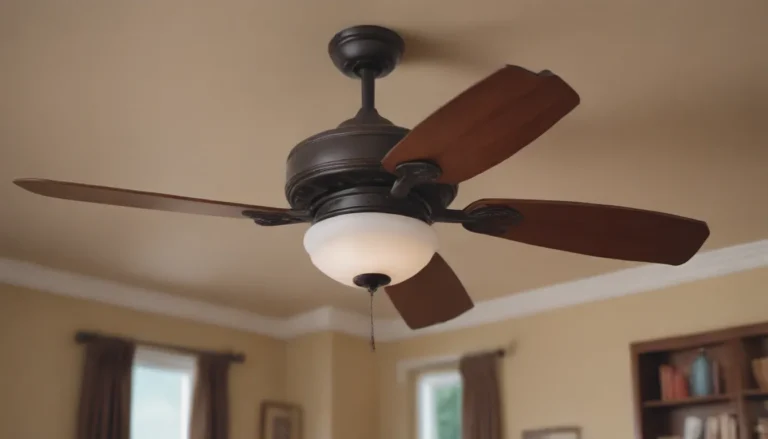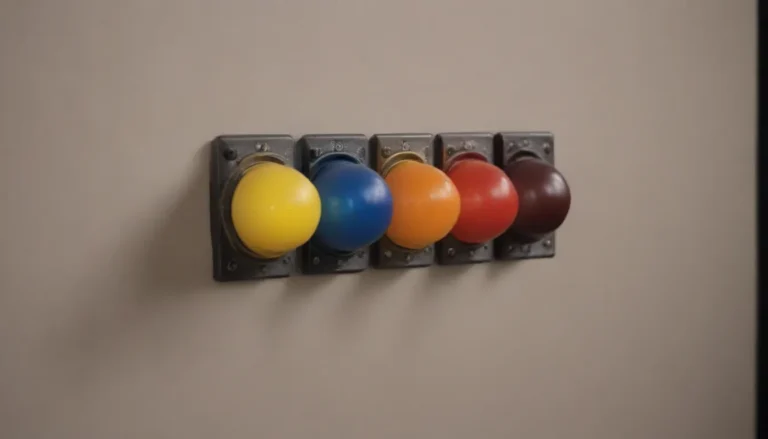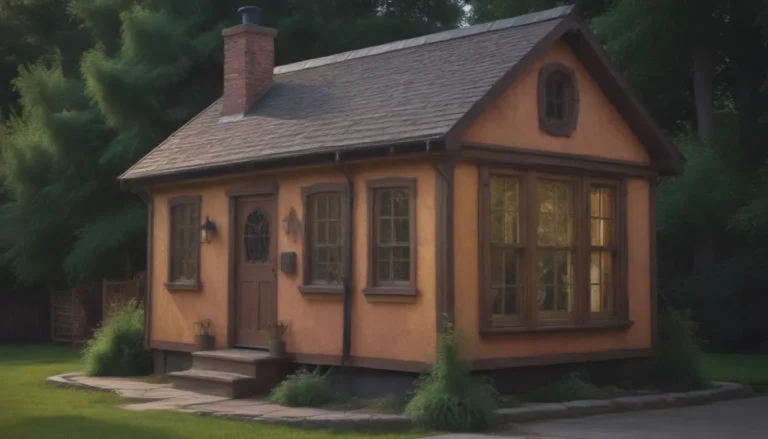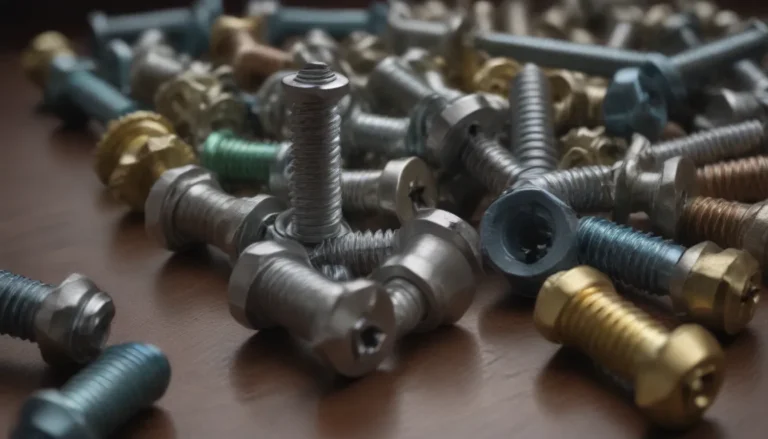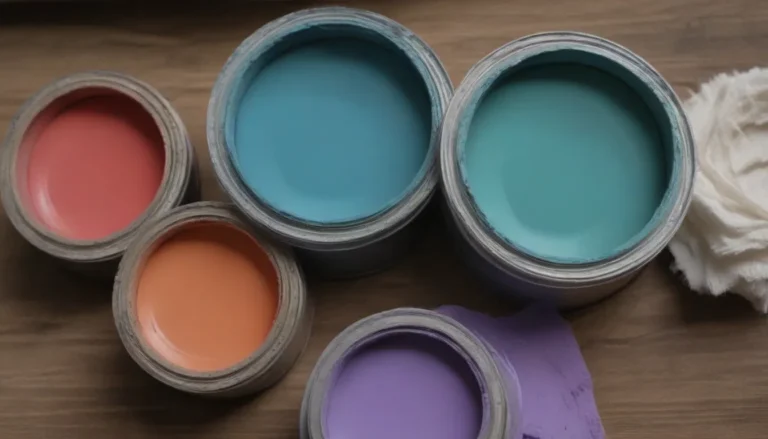A Comprehensive Guide: Understanding the Costs of Bathtub Replacement
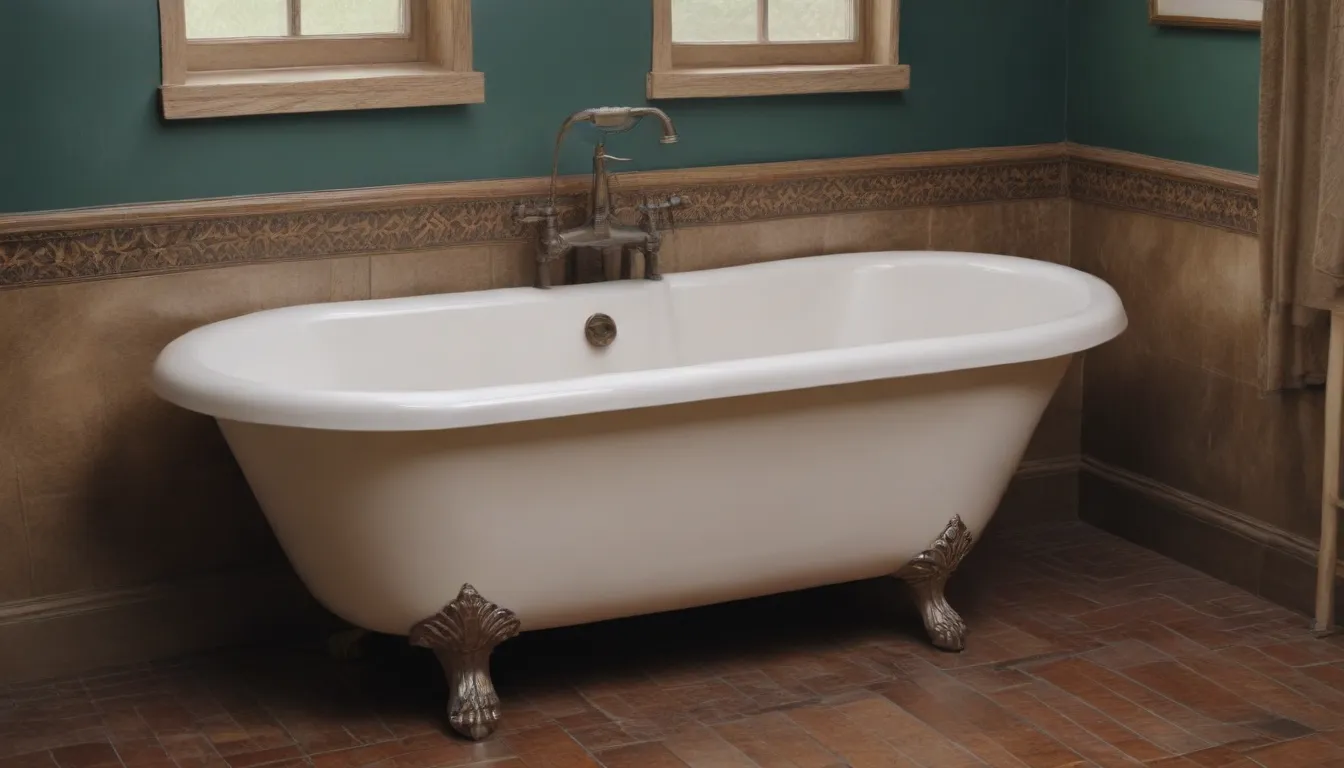
Are you considering replacing your bathtub but unsure about the costs involved? Whether you’re looking to upgrade to a luxurious jetted tub or simply in need of a new bathtub due to leaks or damage, it’s essential to understand the factors that influence the total cost of bathtub replacement.
In this detailed guide, we’ll explore the various aspects of bathtub replacement costs, from materials and labor to additional factors that may impact the overall expense. By the end of this article, you’ll have a clear understanding of what to expect when embarking on a bathtub replacement project.
Factors Affecting Bathtub Replacement Costs
When it comes to determining the cost of bathtub replacement, several key factors come into play. These include:
- Material: The type of bathtub material you choose can significantly impact the cost. Materials range from affordable acrylic and fiberglass to higher-end options like cast iron and copper.
- Bathtub Type: Different types of bathtubs, such as general purpose, jetted, walk-in, and soaking tubs, come with varying price tags.
- Labor: Hiring professionals for bathtub replacement will incur labor costs, which can vary depending on the complexity of the project.
- Additional Costs: Removing the old bathtub, disposing of it, modifying plumbing, and preparing the flooring are additional factors that may contribute to the total cost.
Let’s delve deeper into each of these factors to give you a comprehensive understanding of what goes into the cost of bathtub replacement.
Understanding Material Costs
The type of material you choose for your bathtub will have a significant impact on the overall cost. Here’s a breakdown of average costs for different bathtub materials:
- Acrylic: Average cost of $5,360
- Steel: Average cost of $1,825
- Cast Iron: Average cost of $3,245
- Fiberglass: Average cost of $2,645
- Cultured Marble: Average cost of $4,385
- Solid Surface: Average cost of $4,970
- Copper: Average cost of $4,775
Each material comes with its own set of benefits and considerations, so it’s essential to choose one that fits your budget and preferences.
Determining Costs by Bathtub Type
The type of bathtub you select will also impact the overall cost of replacement. Here’s a breakdown of average costs for different types of bathtubs:
- General Purpose Tub: Average cost of $495
- Jetted Bathtub: Average cost of $7,665
- Walk-in Bathtub: Average cost of $6,250
- Soaking Bathtub: Average cost of $5,990
Each type of bathtub serves a specific purpose and comes with its own set of features and costs. Consider your needs and preferences when choosing the right bathtub type for your replacement project.
Additional Cost Factors
In addition to material and bathtub type, there are several additional factors that can influence the cost of bathtub replacement:
- Removing Old Bathtub: Average cost of $390
- Disposing of Old Bathtub: Starting at $100
- Modify or Relocate Plumbing: Average cost of $1,165
- Prepare Flooring: Average cost of $550
These additional costs may vary depending on the condition of your existing setup and any modifications needed for the replacement process.
Labor Costs and Considerations
Professional labor is often required for bathtub replacement, especially for complex projects that involve plumbing, flooring, and other structural elements. Here’s what you can expect in terms of labor costs:
- Plumbers: Average cost of $115 per hour
- Total Labor Cost: Average cost of $1,140
While some homeowners may opt for a DIY approach to save on labor costs, certain tasks, such as plumbing alterations and structural repairs, are best left to experienced professionals.
Professional vs. DIY Bathtub Installation
Deciding between hiring professionals or tackling a bathtub replacement project yourself is a critical consideration. While experienced DIYers can handle some aspects of the replacement process, complex tasks like plumbing and structural repairs are best left to professionals.
Tip: Single-piece tub/shower units with integrated surround walls are best installed by professionals due to the challenges of maneuvering and fitting them in tight spaces.
Signs It’s Time to Replace Your Tub
Knowing when it’s time to replace your bathtub is crucial. Here are some signs that indicate it may be time for a replacement:
- Large Cracks
- Major Leaks
- Peeling Paint
- Aggressive Stains
- Deep Scratches
- Inner Mold or Mildew
If your bathtub exhibits any of these signs, it may be more cost-effective to replace it rather than continue with repairs.
Conclusion
In conclusion, the cost of bathtub replacement can vary significantly depending on various factors such as material, bathtub type, labor, and additional costs. By understanding these factors and considering your specific needs and budget, you can make an informed decision when embarking on a bathtub replacement project.
Whether you choose a luxurious jetted tub or a durable steel bathtub, the key is to invest in a replacement that meets your requirements and enhances the functionality and aesthetics of your bathroom. With this comprehensive guide, you’re now equipped to navigate the world of bathtub replacement with confidence and clarity.
Remember, when it comes to bathtub replacement, it’s not just about the cost—it’s about creating a comfortable and inviting space you can enjoy for years to come. Happy renovating!
Sources: Modernize, Yelp, Architectural Digest, This Old House, Bob Vila, Forbes Home, HomeAdvisor.
